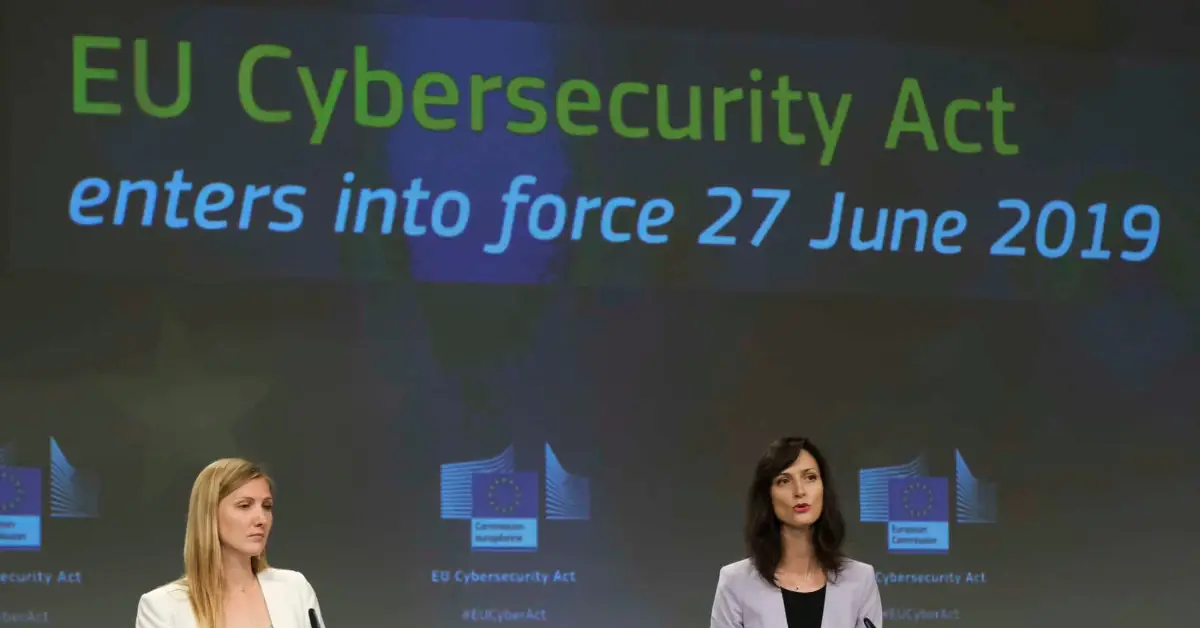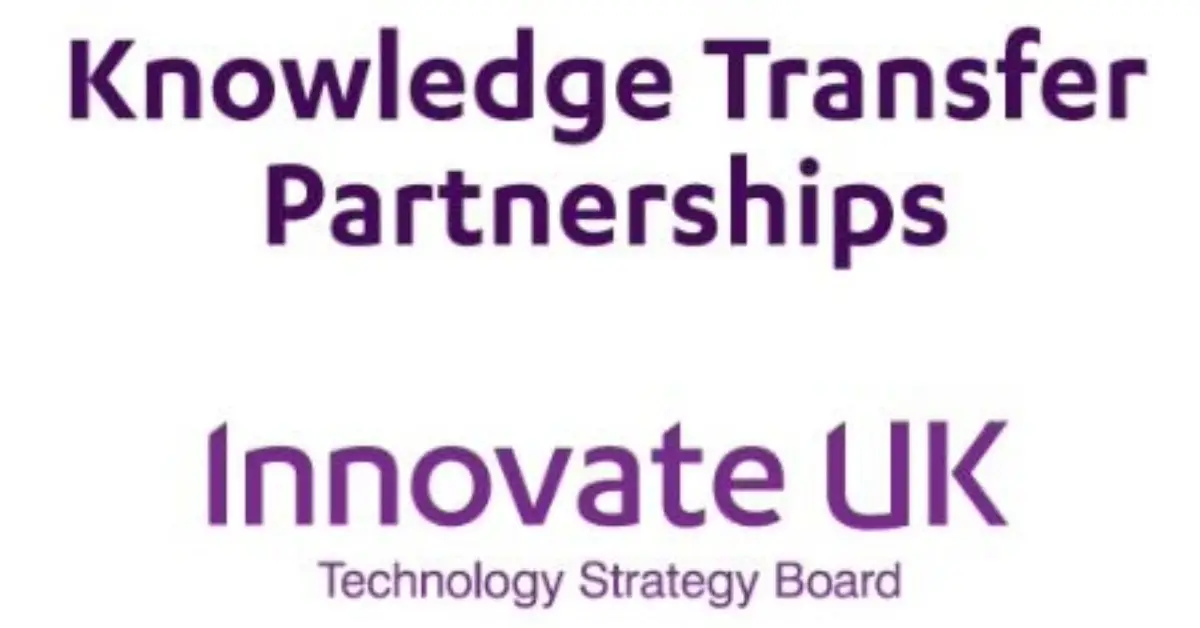EU Adopts New Cybersecurity Laws in 2024 to Bolster Security Across the Union
The Council of the European Union has adopted two landmark laws in 2024. These laws aim to enhance cybersecurity measures across the EU, amending the EU’s Cybersecurity Act (CSA) of 2019. This move is a response to growing cyber threats and the need for stricter standards for managed security services (MSS).
Strengthening the EU’s Cybersecurity Framework
The two new laws build on the existing Cybersecurity Act, which came into force in 2019. The primary goal of these updates is to create a unified, high-level cybersecurity framework across the EU. This will ensure that managed security services meet the highest security standards.
Key Objectives of the New Cybersecurity Laws
The updated laws focus on several key objectives. These objectives aim to improve the overall security posture of EU institutions and businesses operating within the region. The main areas of focus are as follows:
- Enhanced Cybersecurity Standards: The laws introduce stricter security requirements for managed security service providers.
- Increased Accountability: Service providers will now be held accountable for cybersecurity breaches.
- Greater Compliance: Organizations must demonstrate compliance with the new security standards to avoid penalties.
Impact on Managed Security Services (MSS)
Managed security services (MSS) play a critical role in protecting organizations against cyberattacks. With the new laws, MSS providers will face stricter scrutiny to ensure their services meet the enhanced security standards. These changes aim to boost trust in MSS providers across the EU.
What Changes for Managed Security Service Providers (MSSPs)?
The new laws impose several changes for MSSPs, which include the following:
- Mandatory Security Audits: Providers will be subject to regular security audits to verify compliance.
- Stricter Certification Requirements: MSSPs must obtain updated certifications to continue operating in the EU.
- Data Protection Enhancements: Providers must implement stronger data protection measures to safeguard customer information.
Amending the 2019 Cybersecurity Act
The 2019 EU Cybersecurity Act established the EU Cybersecurity Certification Framework. This framework aims to create a unified approach to cybersecurity certification across the EU. The 2024 updates introduce new measures to close existing gaps and address emerging threats.
Key Changes to the 2019 Cybersecurity Act
The amendments to the 2019 Cybersecurity Act focus on the following areas:
- New Certification Schemes: Updated certification schemes will cover managed security services and emerging technologies.
- Stricter Regulatory Oversight: The European Union Agency for Cybersecurity (ENISA) will have an expanded role in overseeing compliance.
- Improved Incident Response: Incident response protocols will be updated to ensure faster and more effective action against cyber threats.
Why Are These Changes Important?
The amendments aim to protect businesses, governments, and citizens from sophisticated cyberattacks. As cybercriminals become more advanced, the EU’s cybersecurity framework must evolve to stay ahead of potential threats.
Benefits for Businesses and Consumers
The 2024 cybersecurity laws will have significant benefits for businesses and consumers, including the following:
- Enhanced Data Security: Consumers will have greater confidence that their data is secure.
- Reduced Cybercrime Risk: Businesses will be better equipped to prevent and respond to cyberattacks.
- Increased Trust in Service Providers: Companies can trust that their managed security service providers meet stringent EU standards.
How Will the New Laws Be Enforced?
The European Union Agency for Cybersecurity (ENISA) will play a crucial role in ensuring compliance. This agency will oversee audits, enforce penalties, and provide guidance to businesses and MSSPs.
Compliance Requirements for Businesses
Businesses operating in the EU must meet the following compliance requirements:
- Submit to Regular Audits: Businesses must undergo periodic cybersecurity audits.
- Achieve Certification: Companies must obtain cybersecurity certification under the new certification schemes.
- Implement Advanced Security Measures: Businesses must enhance their security protocols to comply with the new standards.
Penalties for Non-Compliance
Failure to comply with the new laws could result in severe penalties. These include fines, suspension of services, and loss of certification. Companies operating in the EU are urged to take immediate action to ensure compliance.
Timeline for Implementation
The implementation of the new laws will follow a phased approach. Businesses will have a transition period to achieve compliance. This approach aims to minimize disruption and provide companies with sufficient time to meet new obligations.
How Can Businesses Prepare?
To prepare for the changes, businesses should consider the following steps:
- Conduct a Security Audit: Assess current cybersecurity measures and identify gaps.
- Update Security Protocols: Implement stronger security protocols to meet new requirements.
- Engage with Certification Bodies: Work with certification bodies to obtain necessary certifications.
Expert Insights on the New Laws
Experts in the field have praised the EU’s proactive approach. Cybersecurity analysts highlight the importance of stronger measures to protect against evolving threats. Industry leaders have also emphasized the need for greater collaboration between the public and private sectors.
Global Implications of the EU’s Cybersecurity Move
The EU’s decision to update its cybersecurity framework has global implications. It sets a new standard for cybersecurity, encouraging other regions to follow suit. This move strengthens the EU’s position as a leader in cybersecurity governance.
Additional Resources
- European Union Agency for Cybersecurity (ENISA): Information on cybersecurity certifications and regulatory guidance.
- Official EU Cybersecurity Policy: Updates on EU cybersecurity policies and regulations.
- Managed Security Services Explained: A comprehensive guide to managed security service providers (MSSPs).




